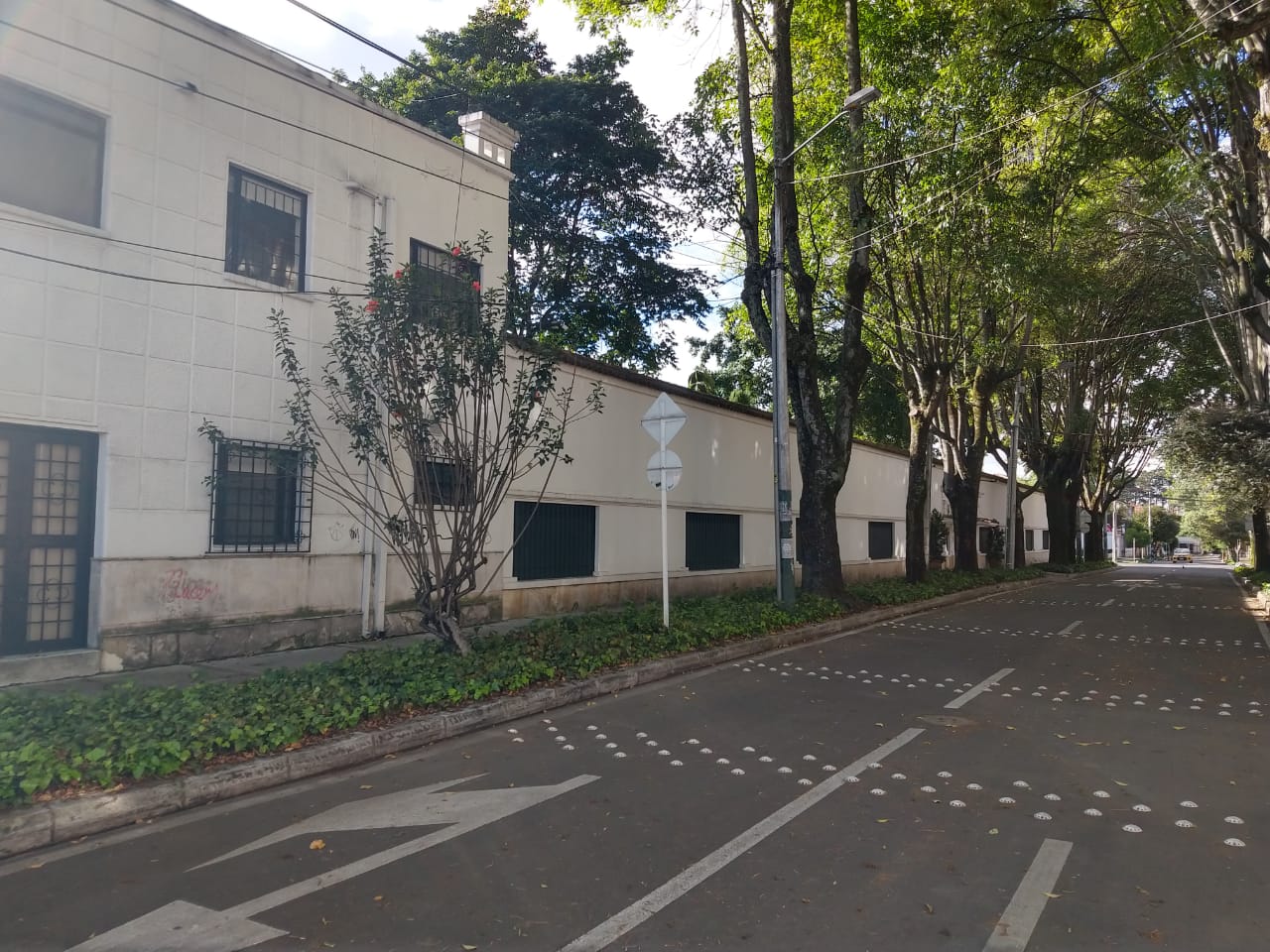
Photo courtesy of Shutterstock
A crucial summit on biodiversity and ecosystems began on Saturday in Medellin. Termed the Intergovernmental Science Policy Platform on Biodiversity and Ecosystem Services (IPBES), the meeting at the Intercontinental Hotel will bring together many representatives from over a 100 member states, along with scientists and NGOs, with the aim of reviewing 5 documents that will be made public on March 23 on their website.
The sessions will include a review of 4 regional assessments on the current state of biodiversity Africa, Asia, the Americas and Europe. The final document is a thematic assessment on land degradation and what is occurring to land soils across the planet.
The crucial questions that the publications are hoping to answer revolve around the extent of change in biodiversity, what is causing these changes worldwide, and their subsequent effects on human well-being.
Speaking to UN News, IPBES Chair Sir Robert Watson explained that “the IPBES tries to provide current knowledge that’s carefully assessed to help policymakers– whether they’re in the government, private sector or civil society–make informed decisions about biodiversity and ecosystems.” To further aid policymakers, hundreds of scientists will contribute to this peer-reviewed report which will include a 20-25 page summary for policy makers which face the most scrutiny in Medellin. Sir Robert also believed that the findings had wider implications beyond the policymakers in attendance as a call to action. “The public can call on the government to be more sustainable, not to cut down our forests, not to convert the mangrove systems into shrimp farms, not to destroy all the natural grasslands we’ve got.”
The most important findings by the panel were also foreshadowed by Sir Robert Watson, noting that the main drivers of a reduction in biodiversity were climate change, the conversion of land use(ie converting forests, mangrove systems for human use), over-exploitation as in over-fishing and pollution.
Colombia is hosting the summit with the support of the Ministry of the Environment, the Economic Development Secretariat of the Mayor’s Office in Medellín as well as the Alexander Von Humboldt Biological Resources Research Institute. Named after famed German naturalist and explorer, the latter institute produces its own publications relating to the biodiversity of Colombia. Given that it is one of the most biodiverse regions of the world and has the world’s largest number of bird species, it is fitting for the country to host such an important summit on this topic. Given that the pollution in the city has reached critical levels recently and it’s effect on biodiversity, the meeting is also seen as a timely one.





